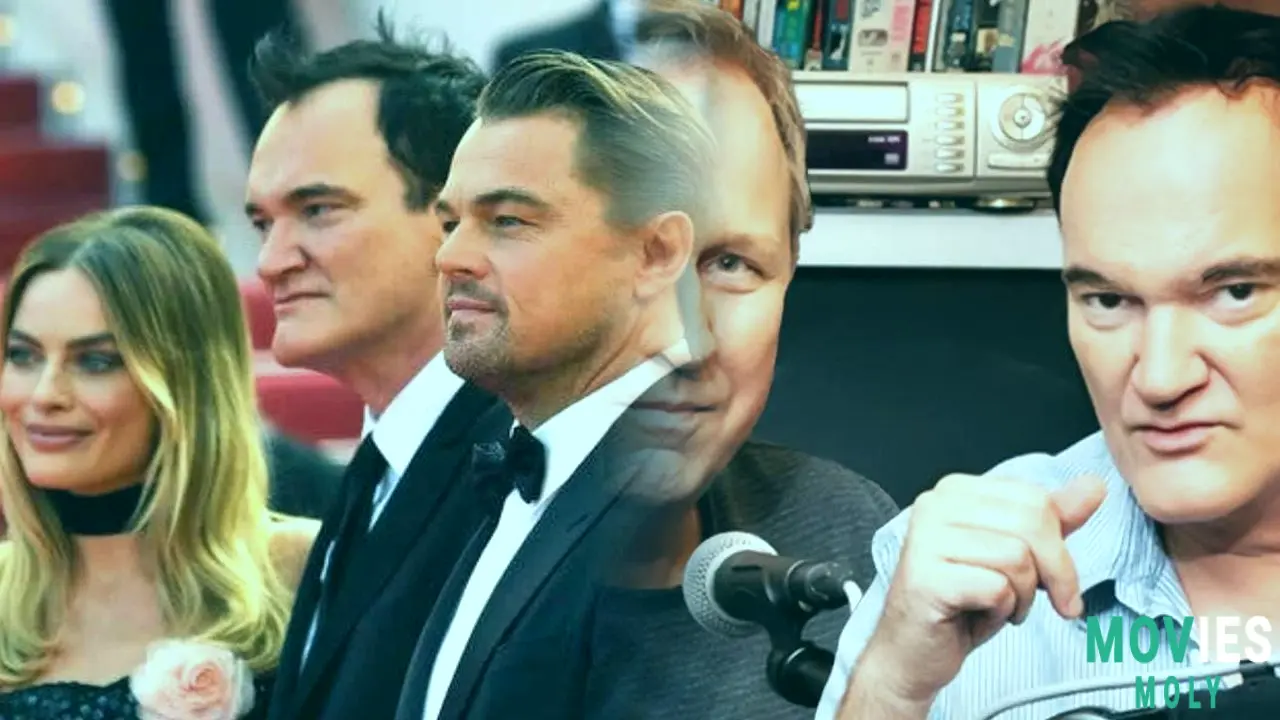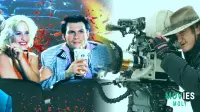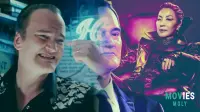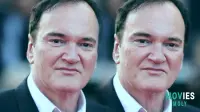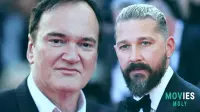Quentin Tarantino, the maestro of dialogue, blood-soaked showdowns, and genre-redefining storytelling, is edging closer to what he’s long promised—the end of his directorial odyssey. Yet, as the auteur teases about his upcoming tenth and final film, Tarantino remains more alive in the cinematic conversation than ever, with a passion for film that rarely fades and projects that keep fans theorizing like they’re decoding the Marvel Cinematic Universe’s next Phase.
Once Upon a Time in Hollywood May Not Be Over—And That’s by DesignOne of the most tantalizing whispers in Hollywood lately is not about a superhero crossover or a new Fast & Furious installation—it’s about Tarantino’s own Fox Force Five-turned-Netflix fantasy. David Fincher is set to direct a sequel to Once Upon a Time in Hollywood, starring Brad Pitt as the irrepressible Cliff Booth. Though Tarantino created the world, it’s Fincher who will now sculpt Booth’s next chapter, reportedly as a studio fixer navigating the treacherous glitz of late-’60s Hollywood.
Rumors suggest the film, possibly titled The Continuing Adventures of Cliff Booth, will take place eight years after the original. And while Leonardo DiCaprio’s Rick Dalton may make a cameo, if at all, the real focus is on Booth—a character so beloved that fans can’t help but imagine him crashing through the Hollywood ecosystem one more time. It's a rare instance where a director lets another auteur play in his sandbox, and it speaks volumes about Tarantino’s confidence in Fincher and his own storytelling legacy.
Quentin Tarantino’s Greatest Deeper Passion Is Simply Talking About Movies
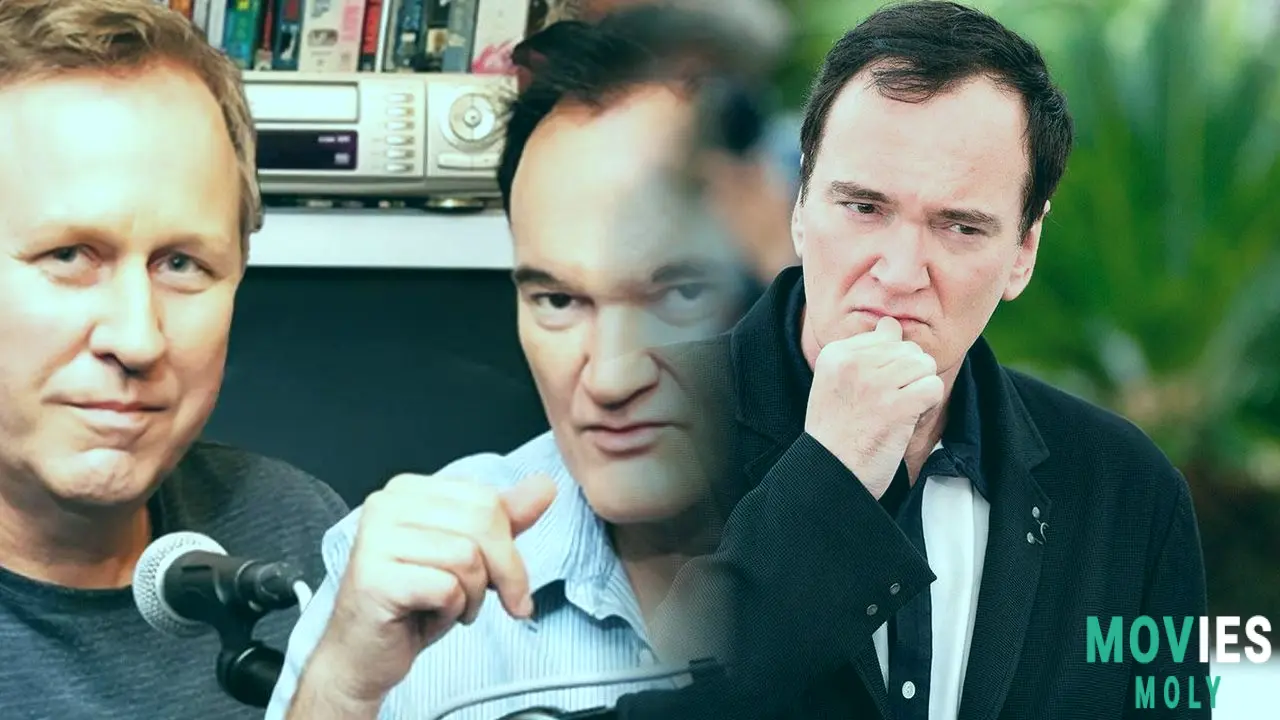
In a recent special episode of The Video Archives Podcast, Tarantino and longtime collaborator Roger Avary peeled back another layer of the director’s soul. When Tarantino says he’s not trying to “recommend” films, but rather just have good discussions, he’s revealing the core of what drives him. Whether it’s a film he loves or one he loathes, the conversation is the point. It's the same energy that fuels his writing, where every line is a duel and every scene is a dance.
His current top movie list reads like a cinephile’s dream: Alien, There Will Be Blood, The Assassination of Jesse James by the Coward Robert Ford, Galaxy Quest, and Rear Window. These aren’t just favorites—they’re fingerprints. Each one reflects a different facet of Tarantino’s own filmmaking DNA: tension, character, atmosphere, genre-play, and pure storytelling craft. Watching Tarantino engage with these films is like seeing a comic book writer geek out over Watchmen and Dark Knight Returns.
His Admiration for Robert De Niro Is as Deep as His Love for Cinema Itself
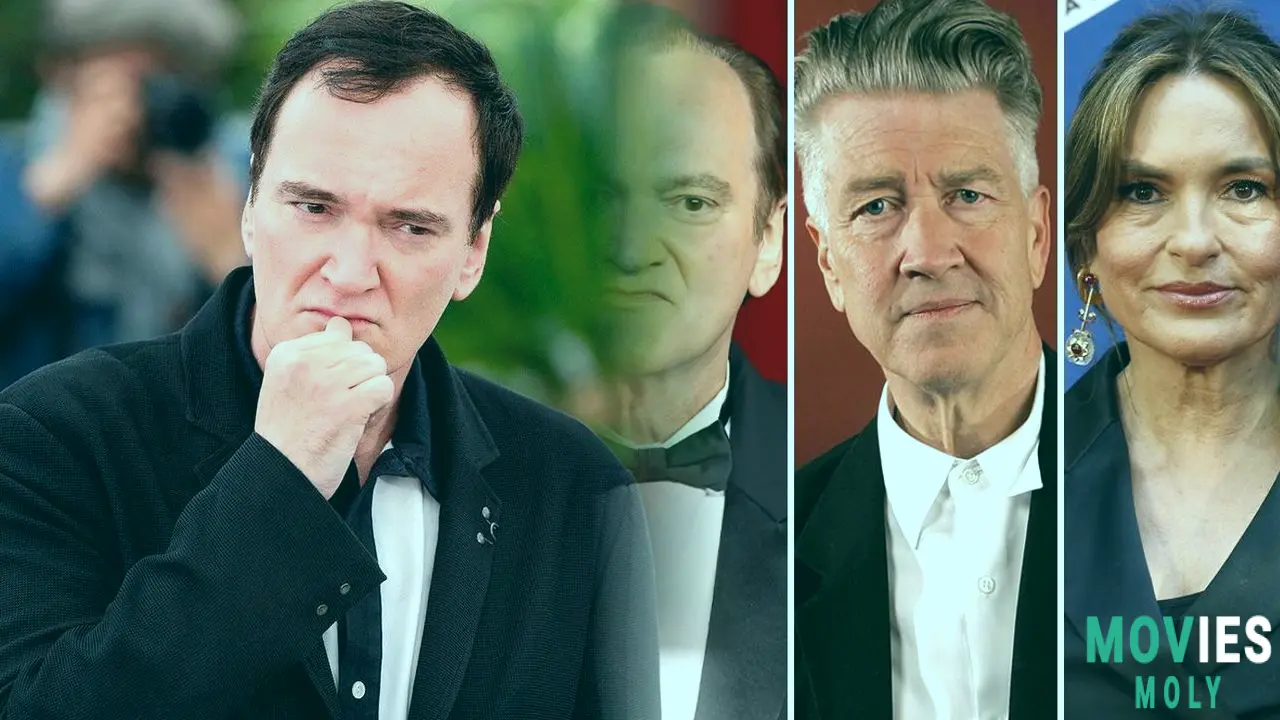
If Tarantino’s filmography is a gallery, then Robert De Niro is one of its most revered portraits. The director’s praise for De Niro—calling him the best actor in the world—isn’t just hyperbole. It’s earned. And it’s personal. Tarantino’s experience working with De Niro on Jackie Brown gave him a front-row seat to the actor’s cinematic mastery. Not in monologues or explosions of emotion, but in subtle, moment-to-moment presence.
As Tarantino explained in a rare, candid moment from a ’98 interview with Charlie Rose, it was only during the editing of Jackie Brown that he truly grasped De Niro’s genius. Watching every frame, he realized that De Niro never “plays ahead” in a scene—he lives in the moment. Every shot of Louis Gara is authentic, grounded, and instinctive. It’s a type of performance that doesn’t just tell a story, but anchors one. For a director known for sharp dialogue and dynamic characters, De Niro’s controlled intensity was nothing short of revelatory.
Cannes Classics Honors Tarantino’s Cinematic Legacy with a Personal Twist
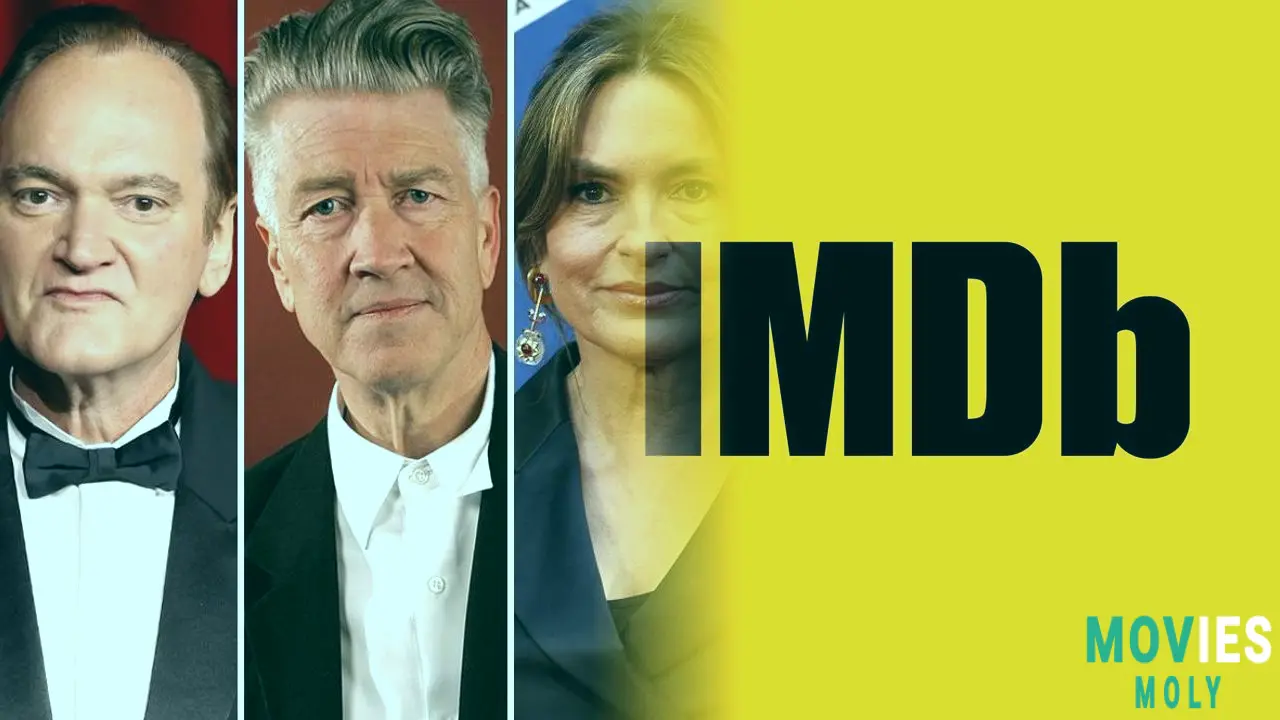
At this year’s Cannes Classics, Tarantino wasn’t just a guest—he was a honoree, a scholar, and a lover of the craft. Leading a discussion on George Sherman, a director from Hollywood’s golden age, Tarantino once again stepped into the role he so effortlessly inhabits: the cinephile-turned-teacher. Showing two of Sherman’s westerns, Red Canyon and Comanche Territory, Tarantino linked past and present in a way only he can.
These screenings weren’t about Tarantino’s ego—they never are. They were about lineage. Influence. The hidden threads that connect a 1950s studio director to a 1994 auteur who changed independent cinema forever with Pulp Fiction. It’s the same thread you see in comics when a writer references Jack Kirby under the ink of Jim Lee. Tarantino’s love for cinema is genealogical, and Cannes gave him the platform to trace that family tree.
The Final Film May Be Coming, But Tarantino’s Legacy Continues to Evolve
As Quentin Tarantino approaches the end of his directing career, he isn’t slowing down—he’s evolving. Whether it’s through podcasts, collaborations with Fincher, or tributes at Cannes, Tarantino remains deeply engaged with the medium he loves. He’s a director who never needed to chase relevance because he created it with every frame.
And like a well-placed Easter egg in a Jurassic Park film or a subtle nod to Blade Runner in a Fast & Furious sequel, Tarantino’s next move may not be what we expect. But it will matter. Because after decades of giving us stories where every line crackles and every character leaves a mark, Quentin Tarantino isn’t just ending his run—he’s ensuring it finishes on his own terms.

